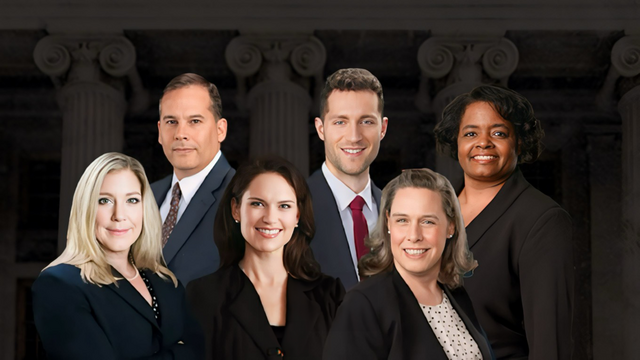Evidence in Virginia Domestic Violence Cases
The most important evidence that comes up in domestic violence cases is testimonial in nature, meaning, the complaining witness will be asked to testify on the stand about what it is that took place.
Under certain circumstances, there might be other evidence that includes medical evidence if there were injuries involved or third-party witnesses if the violence was witnessed by another person. The vast majority of evidence is not physical but rather testimonial in nature.
To most effectively gather and understand the evidence present in your Virginia domestic violent case, it is important to consult with a lawyer as soon as possible. A knowledgeable Virginia domestic violence attorney can prepare a strong case to help lessen any consequences associated with your charge.
Compiling Evidence
When compiling evidence in a Virginia domestic violence case, an attorney will need to look at the case and the facts surrounding the charges against an individual before they can figure out exactly what kind of evidence they must compile. A knowledgeable lawyer will want to talk to other witnesses or people who the complaining witness might have told domestic violence stories to. This is to see if their story holds steady or has changed over the course of time.
In many cases, stories are altered over time, and some of that is just the function of natural human memory but, other times, the story changes because the person may be making it up. A lawyer will need to figure out which one of those two is the case. An attorney will conduct a full investigation to know what kind of evidence they need to collect in a Virginia domestic violence case.
Dismissing Evidence
An attorney needs to look at the rules of evidence to determine whether or not the evidence offered by the prosecution is admissible or reliable in a Virginia domestic violence case. They would do that through their experience in determining whether or not they can challenge what is offered by the government.
Under certain circumstances, a lawyer may have been able to discover, in the course of their investigation, evidence that contradicts something that the complaining witness or some other government witness is saying.
Throwing Out Testimony
It is incredibly difficult to get testimony thrown out in its entirety, but there are certain things that an attorney can do to discredit witnesses, such as previous statements that are inconsistent with what they said in court.
Anything that a lawyer might have against a complaining witness or any other government witness, they will try to minimize the impact of. Getting testimony thrown out altogether as opposed to disregarded is a less complicated process.
“Thrown out” generally means that the court will not accept any of that testimony at all. Discrediting testimony, on the other hand, means an attorney is casting doubt on the witness’ credibility or ability to recall what occurred. The court can then balance that testimony, along with other evidence that the court has received in the Virginia domestic violence case, to determine whether or not there exists proof beyond a reasonable doubt to find a person guilty.
Benefit of a Lawyer
Every jurisdiction in Virginia follows the same state laws, but these jurisdictions each have their own way of doing things. They have their own prosecutors, their own judges, and their own procedures within those courthouses.
For those reasons, it is very important to have an attorney who is regularly practicing in the jurisdiction where an individual is charged. This local knowledge can help the case in two ways. First, the lawyer will know exactly what to do and how to proceed with the case based on the local practices in that jurisdiction.
Further, the lawyer is going to have relationships built up with the court personnel, the judges, prosecutors, and everybody involved with handling the case. This reaches down to the attorney being able to try and leverage that reputation and relationships to help better serve a client’s needs.




